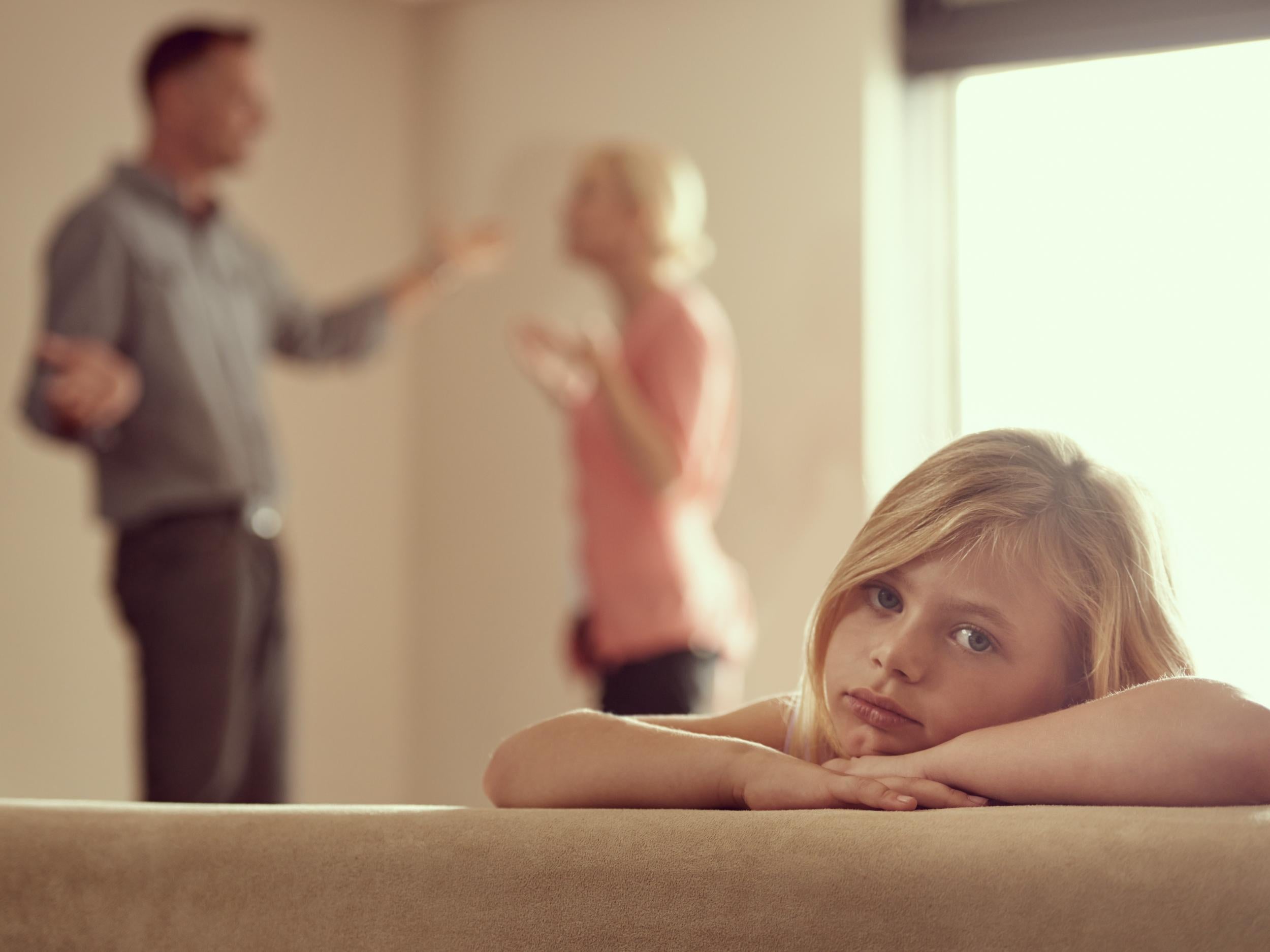Children whose parents have multiple partners while they're growing up are 'less likely to have stable relationships as adults', study suggests
Stable parental relationships better for mental and physical health but some households have a 'merry-go-round of partners', authors write

Your support helps us to tell the story
From reproductive rights to climate change to Big Tech, The Independent is on the ground when the story is developing. Whether it's investigating the financials of Elon Musk's pro-Trump PAC or producing our latest documentary, 'The A Word', which shines a light on the American women fighting for reproductive rights, we know how important it is to parse out the facts from the messaging.
At such a critical moment in US history, we need reporters on the ground. Your donation allows us to keep sending journalists to speak to both sides of the story.
The Independent is trusted by Americans across the entire political spectrum. And unlike many other quality news outlets, we choose not to lock Americans out of our reporting and analysis with paywalls. We believe quality journalism should be available to everyone, paid for by those who can afford it.
Your support makes all the difference.Children whose parents remarry several times or have multiple partners are likely to have more relationships themselves when they’re adults, a new study has suggested.
An array of biological traits, as well as factors learned from parents in childhood, influence our relationship success, US researchers, lead by Dr Claire Kamp Dush, an associate professor of human sciences at Ohio State University, said.
They add this has led to a “merry-go-round of partners” in some households which could be harming the wellbeing of children and their parents.
“Stable romantic unions, including marriage and cohabitation, are linked to better mental and physical health for both adults and children,” the authors wrote. “However, maintaining such unions can be difficult; half of first cohabiting unions dissolve within three years and half of first marriages dissolve within 20 years."
The researchers said that signs of an increased break-up rate being passed down the generations could be down to a mix of heritable factors, such as personality traits or mental health conditions, and the relationship skills children see from their parents.
“What our results suggest is that mothers may pass on their marriageable characteristics and relationship skills to their children – for better or worse,” said Dr Dush. “It could be that mothers who have more partners don’t have great relationship skills, or don’t deal with conflict well, or have mental health problems, each of which can undermine relationships and lead to instability.
“Whatever the exact mechanisms, they may pass these characteristics on to their children, making their children’s relationships less stable.”
For the cross-generation study, published in the PLOS One journal, Dr Dush used data from 7,152 people enrolled on the US National Longitudinal Survey of Youth, which began in 1979.
The survey collects data on marriages and cohabiting relationships as well as health and socioeconomic factors.
Using this data, the study focused on households where children lived with their biological mother. Dr Kamp Dush told The Independent there was no data available for households where children spend equal time with their father.
Growing up with a parent in a cohabiting relationship may make children less likely to pursue marriage, the authors found. They said this also increases their chances of break-ups.
Subsequent relationships are also “more likely to end than a first union”, the study notes.
One theory of why people have more relationships is that economic hardship makes them more difficult to maintain.
However, this study did not find it to be a major factor.
Join our commenting forum
Join thought-provoking conversations, follow other Independent readers and see their replies
Comments